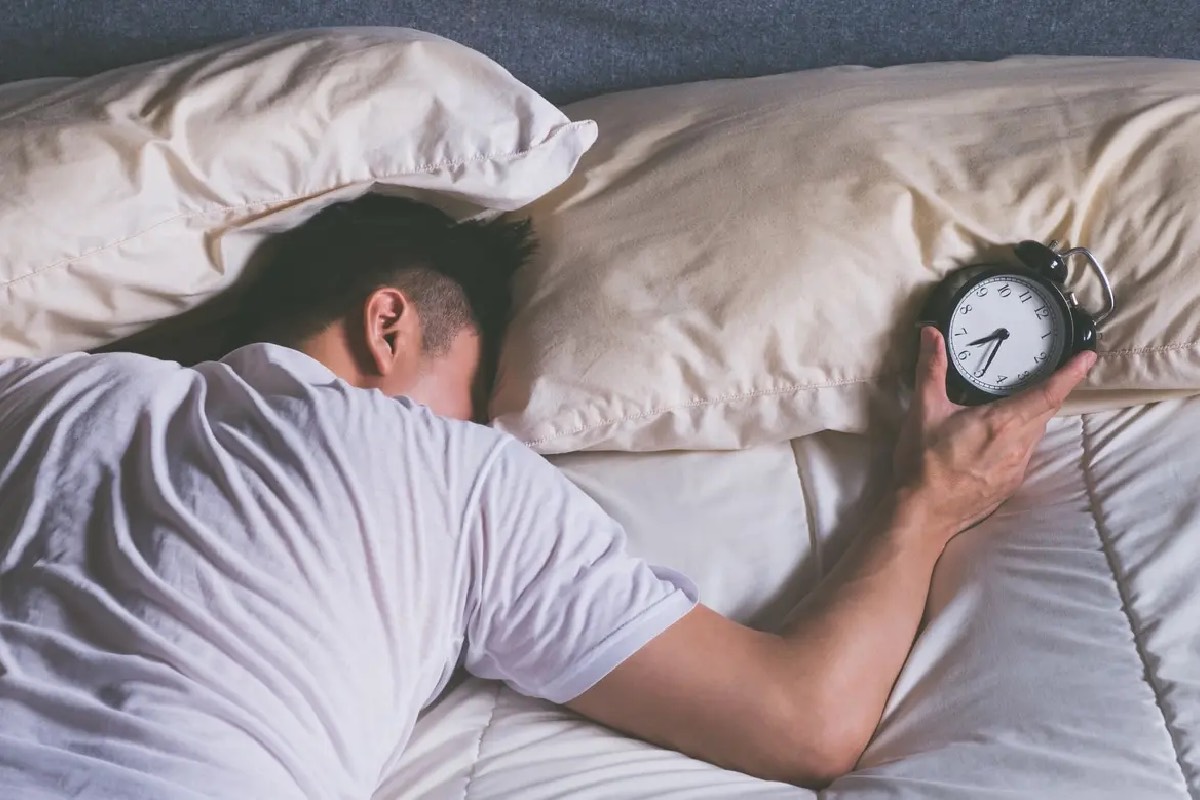
The Rise of Digital Detox Retreats: Do They Really Work?
The Digital Overload Era
In today’s hyper-connected world, our lives are increasingly dominated by screens. From smartphones and laptops to tablets and smartwatches, we are constantly bombarded with notifications, messages, and updates. This 24/7 digital engagement has blurred the line between work and personal life, often leading to stress, anxiety, and burnout. Many people now find it difficult to disconnect—even during vacations. The average person checks their phone over 100 times a day, often unconsciously. As awareness of “digital fatigue” grows, more individuals are seeking ways to step back from constant connectivity. This has given rise to the concept of digital detox retreats, where participants temporarily unplug from all digital devices and reconnect with themselves and the natural world. But what exactly are these retreats, and why have they become so popular in recent years?
What Are Digital Detox Retreats?
Digital detox retreats are structured getaways designed to help people disconnect from technology and recharge mentally and emotionally. These retreats typically take place in serene, nature-filled locations—mountain lodges, beach resorts, or forest cabins—where the focus is on mindfulness, rest, and self-discovery. Participants are often required to hand over their phones and other digital devices upon arrival. Instead of scrolling or streaming, guests engage in activities such as yoga, meditation, hiking, journaling, and group therapy sessions. Meals are often organic, schedules are slow-paced, and there’s an emphasis on presence and connection with others. The idea is simple: by eliminating digital distractions, individuals can restore attention, improve sleep, and regain emotional balance. For many attendees, these retreats become a profound reminder of how much time and energy are lost to digital consumption.
The Growing Popularity and Appeal
Over the last few years, digital detox retreats have transformed from a niche concept into a global wellness trend. A growing number of resorts and wellness centers now market “tech-free” packages, appealing to everyone from overworked professionals to social media influencers. The post-pandemic surge in screen time accelerated this movement, as remote work blurred boundaries and deepened digital dependency. People are realizing that constant connectivity doesn’t necessarily equal productivity—or happiness. Retreats offer not just relaxation, but also a reset button for modern life. Many participants describe these experiences as “liberating,” noting improvements in focus, creativity, and mood. The appeal lies in the simplicity: fewer distractions mean more presence, deeper conversations, and genuine rest. In an age of digital noise, silence and simplicity have become luxuries that more people are willing to pay for.
Do Digital Detox Retreats Really Work?
The big question remains—do digital detox retreats actually deliver long-term benefits? Studies suggest that temporarily disconnecting from technology can indeed reduce stress, improve sleep quality, and boost overall mental well-being. However, experts argue that the effects often depend on the participant’s mindset and post-retreat habits. For some, the retreat serves as a wake-up call, inspiring healthier digital boundaries once they return home. For others, the benefits fade quickly as they slip back into old routines. Psychologists recommend approaching these retreats not as a one-time fix but as part of an ongoing lifestyle change. Setting tech-free hours, limiting social media, and prioritizing real-world interactions can help sustain the benefits. In essence, digital detox retreats can work—but only if they spark lasting awareness about our relationship with technology.
The Balance Between Connection and Disconnection
Ultimately, digital detox retreats are less about rejecting technology and more about restoring balance. Technology itself isn’t the problem—it’s how we use it. These retreats remind us that constant connection doesn’t always lead to meaningful connection. Taking intentional breaks from screens allows the mind to rest, creativity to flourish, and relationships to deepen. As our digital landscape continues to expand, learning to unplug may become an essential life skill. Whether it’s through a week-long retreat or small daily practices like tech-free dinners or morning meditation, the goal is the same: to reclaim control over our attention and time. So, while digital detox retreats may not “cure” our tech dependence overnight, they do offer a valuable first step toward mindful living in a wired world.



